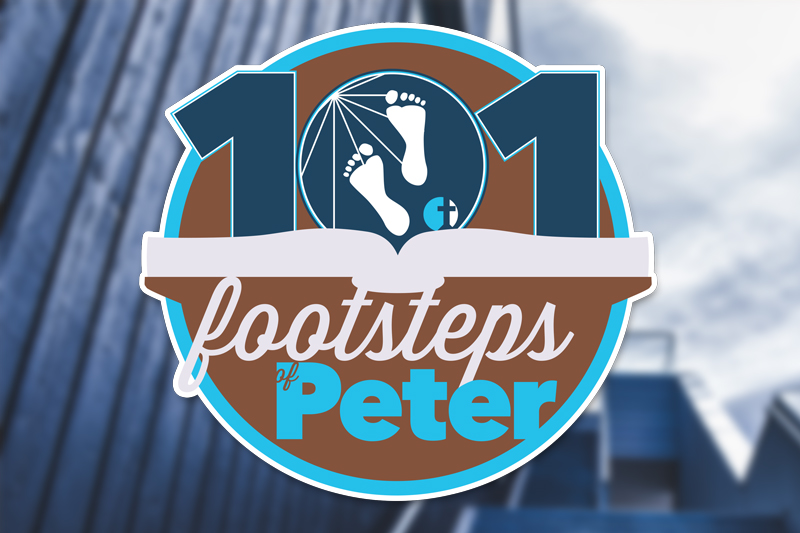“Naked and Exposed” – MARK 14:51-72
The question was direct, and the answer unmistakable (14:61). The high priest asked a child of Abraham born into the tribe of Judah, “Are you the Christ, the Son of the blessed?” Only one could correctly answer “yes” to that question, and all who offered a false “yes” deserved to be put to death for blasphemy. Not only did Jesus utter an affirmative, but He claimed the personal name of God “I am” in so doing. Either a line had been drawn by Jesus or a line had been crossed by a pretender. That “line” stands to this day for all people to choose sides.
Our choice exposes us to God for Him to see who we really are.
Most believe that the young man (14:51-52) mentioned in the narrative was none other than the human author of the gospel of Mark. For humility sake, he omitted his name just as other writers have done. Humility was not an issue in his actions, however. The enemies of Christ tried to lay hold of him and he fled, exposing himself for all to see. Gone was the linen covering willingly cast off for the safety of his refuge he sought in Christ. When it comes down to you and the world, it is all or nothing.
Any attempt to cloak yourself to the world – to live a double life – will leave you naked and exposed before God.
The Jewish leaders hid behind the cloak of the Law. On the one hand they could not be blamed for examining anyone who claimed to be the One. Unfortunately for them, God made it easy and approved Jesus by the wonders and the words (Acts 2:22-23) and they had witnessed these things. Instead of examining Jesus in light of the prophecies, they looked for ways to trap Him and kill Him (14:55). The trial was illegal under the law because it was at night. The trial was an abomination because it used false witnesses (14:57-59). The trial was perverted because the high priest was not allowed to examine anyone (14:60). Any unanimous verdict of death was to be automatically thrown out according to the law (14:63-64). The high priest was considered so influential that he was forbidden to tear his clothes so as to not influence the proceedings (14:63a).
Now the entire Jewish hierarchy stood naked and exposed.
All in one night the chief defender of Jesus became His denier. Maybe we are more like Peter than we are like either John Mark or the Sanhedrin council. In his mind he still believed but his actions betrayed him. A servant of the enemies of Jesus accused him and he denied Jesus (14:68). Trying to draw attention to him, the servant pursued him, and he denied again (14:70) to the crowd. Finally, the crowd accused him and he swore (14:71). Peter never saw himself this way. He thought he was strong. He believed he would be able to handle anything. When things got tough, the world won out and his tears left him naked and exposed.
He now could see himself accurately – just as God saw him.


Comments are closed